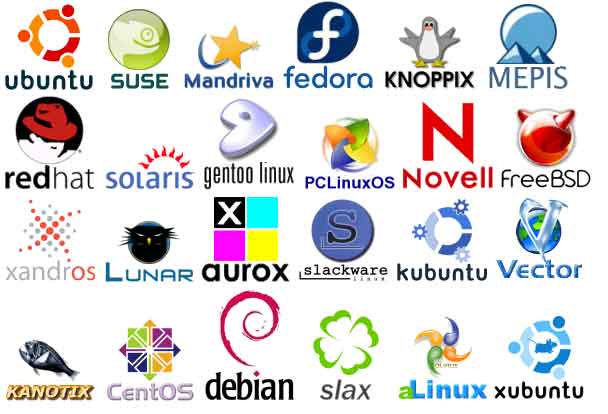Linux Distribution and Mirrors Kernel Archives
A Linux distribution (often abbreviated as distro) is an operating system made from a software collection, which is based upon the Linux kernel and, often, a package management system. Linux users usually obtain their operating system by downloading one of the Linux distributions, which are available for a wide variety of systems ranging from embedded devices (for example, OpenWrt) and personal computers to powerful supercomputers (for example, Rocks Cluster Distribution).
| Description | Location |
|---|---|
Arch Linux, A simple, lightweight Linux distribution. | archlinux |
CentOS, an Enterprise-class Linux Distribution "derived from sources freely provided to the public by Red Hat | centos |
The Comprehensive Perl Archive Network (CPAN) | CPAN |
The Debian Linux distribution | debiandebian-cd |
Fedora, Red Hat's "community project" Linux distribution | fedorafedora-altfedora-secondaryfedora-epel |
IUS, a community project that provides RPM packages for newer versions of select software for EL distros | ius |
Gentoo Linux | gentoogentoo-portage |
The Free Software Foundation (The GNU Project) | gnu |
The Linux Documentation Project | LDP |
Linux Mint | linuxmintlinuxmint-packages |
Mageia Project | mageia |
OpenSUSE, Novell's "community project" Linux distribution | opensuse |
Openwall GNU/*/Linux, a small security-enhanced Linux distro for servers | openwall |
Oracle Linux, a repackaged distribution based on RHEL (ISOs only) | oracle |
Qubes OS Project, an OS designed to provide strong workstation security via compartmentalization | qubes |
sourceware.org, an archive of various free software, mostly development tools | sourceware |
Slackware Linux | slackware |
Tails, a live distribution aiming to preserve your privacy and anonimity | tails |
Ubuntu, a Linux distribution from Canonical | ubuntuubuntu-releases |
The Linux Foundation Yocto Project, a deeply embeddable Linux distribution | yocto |













